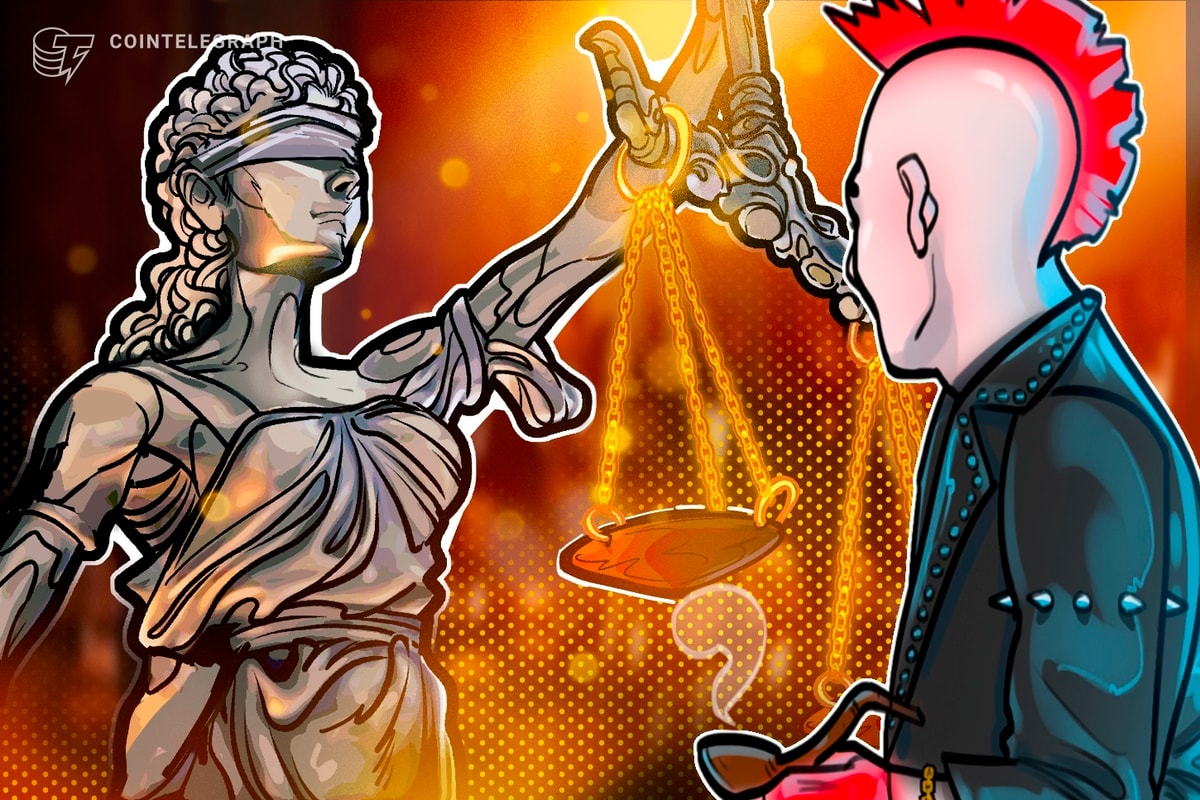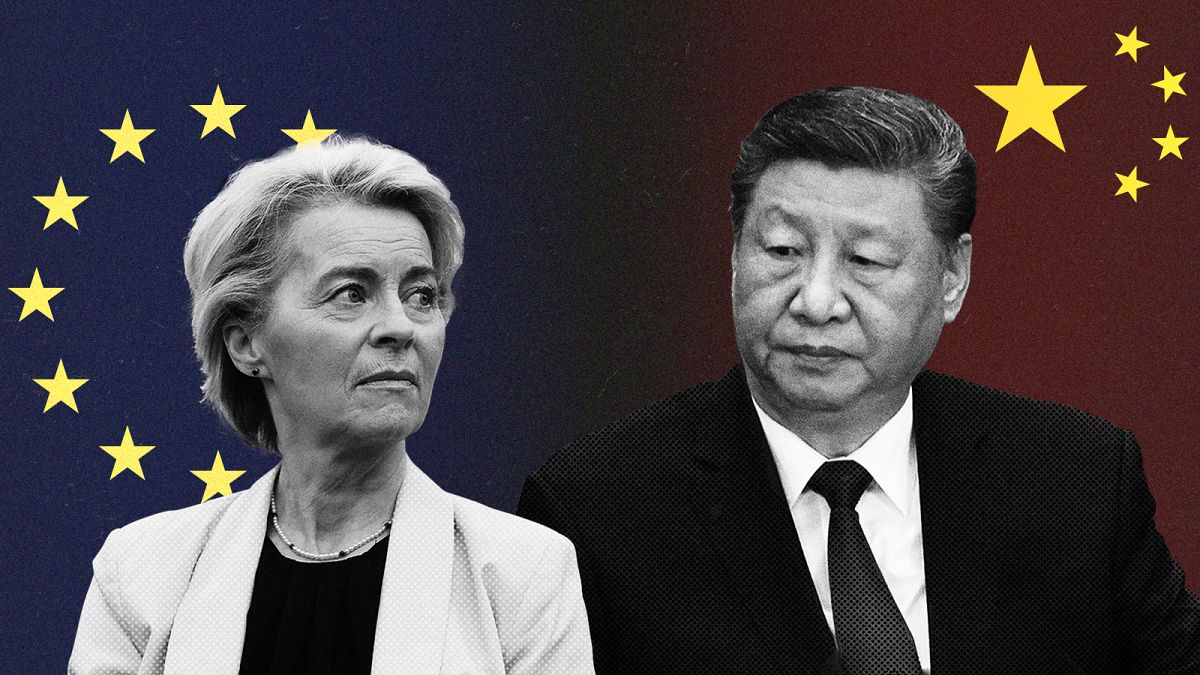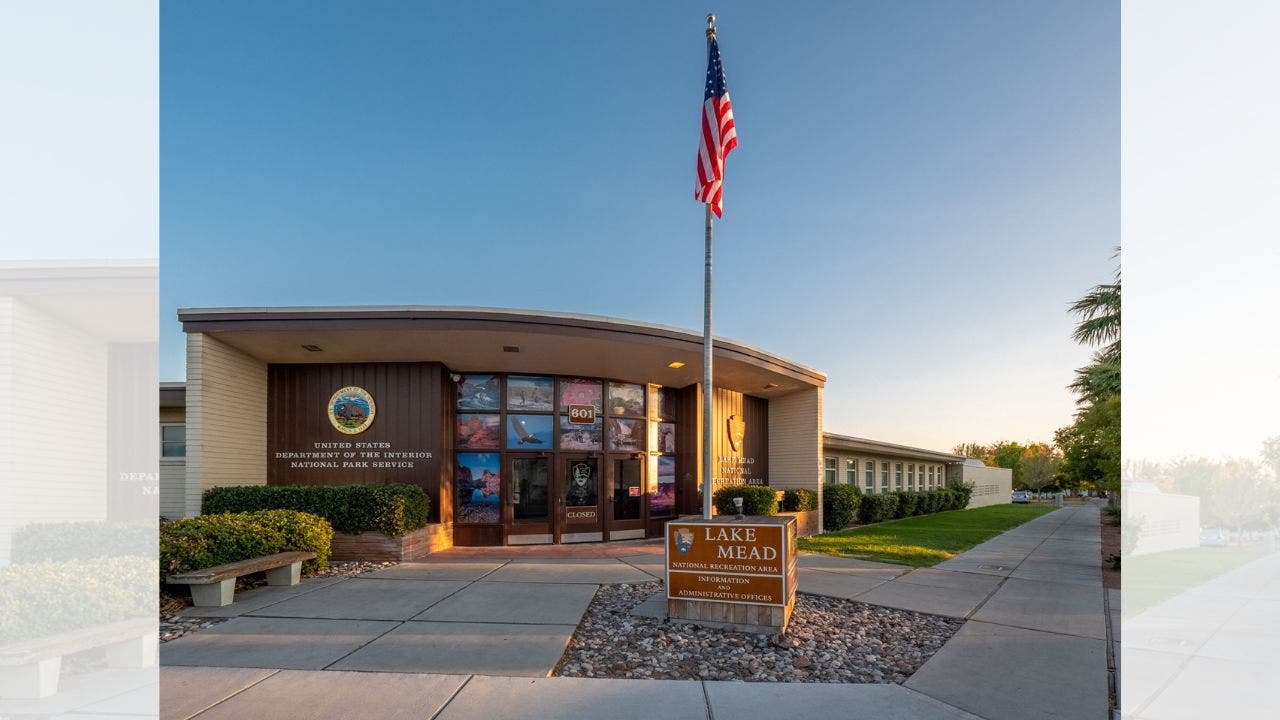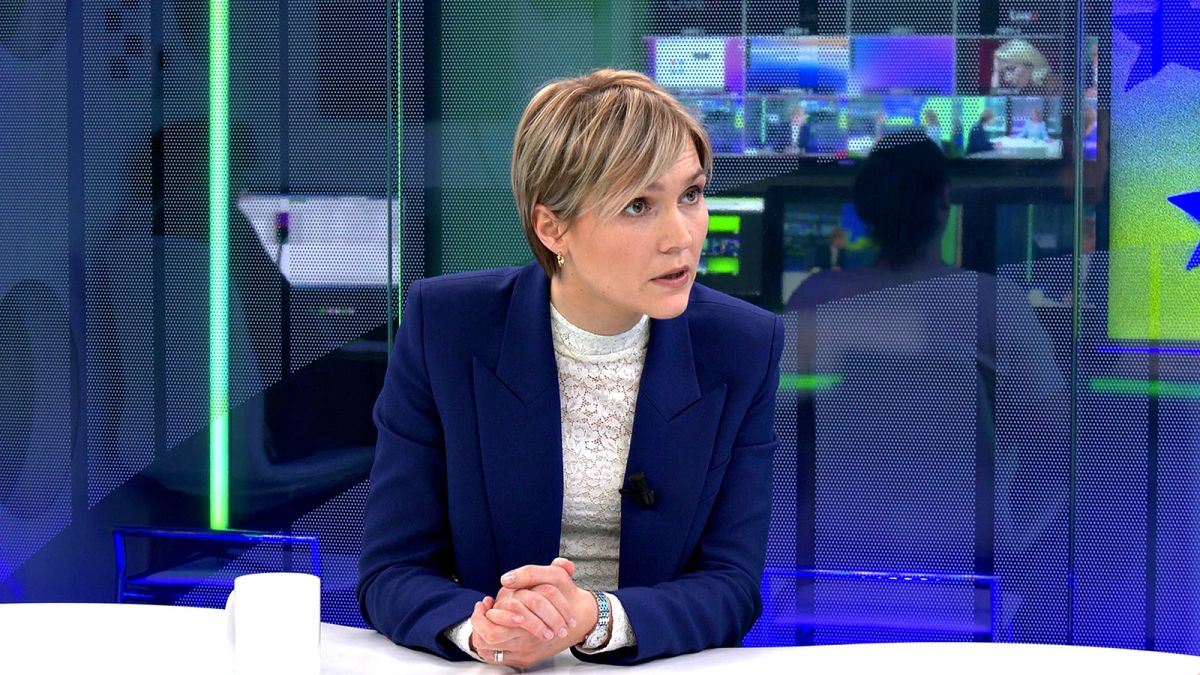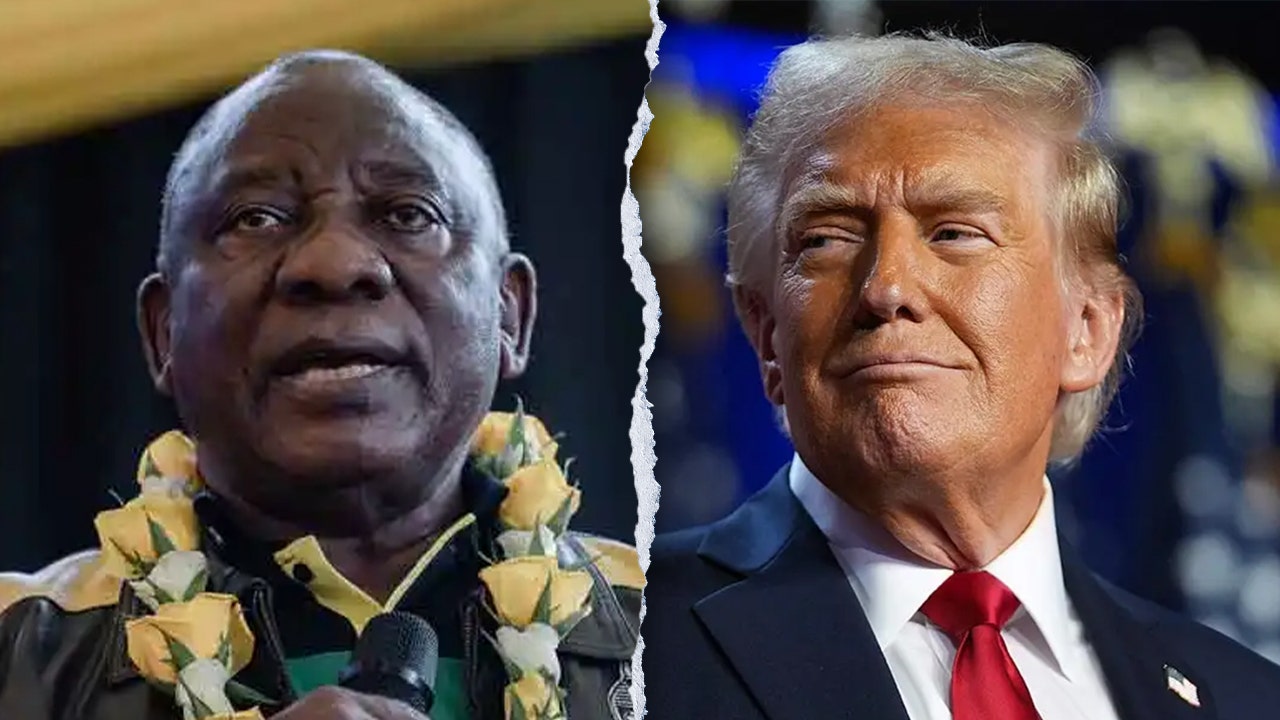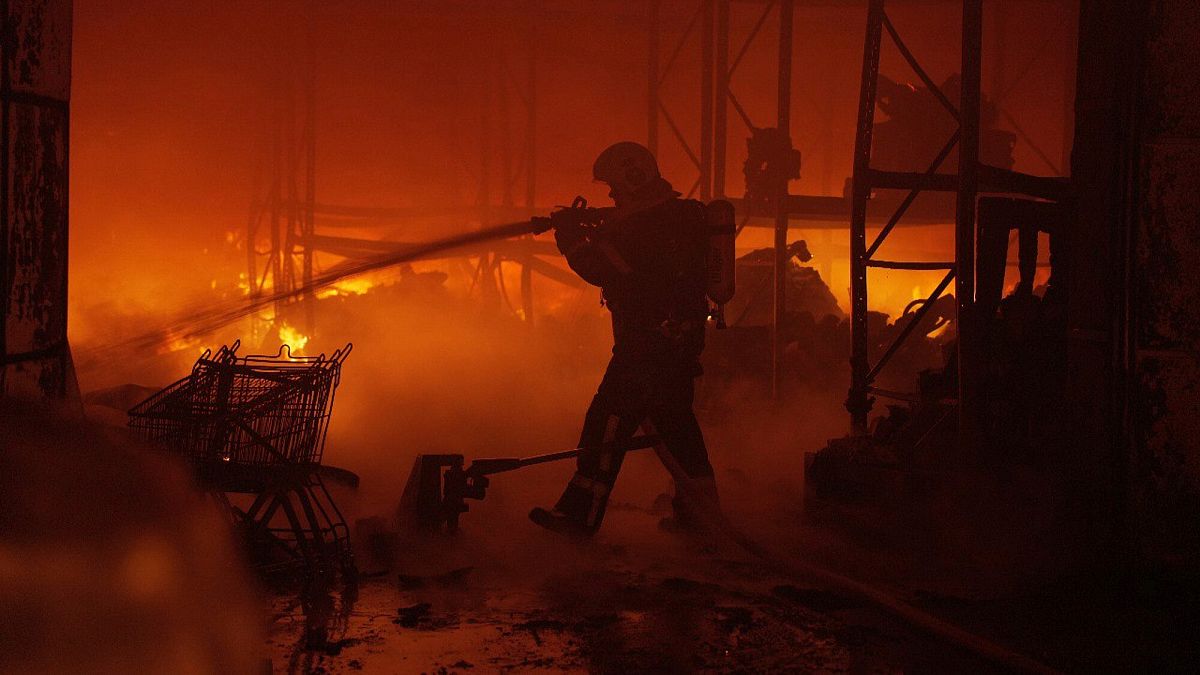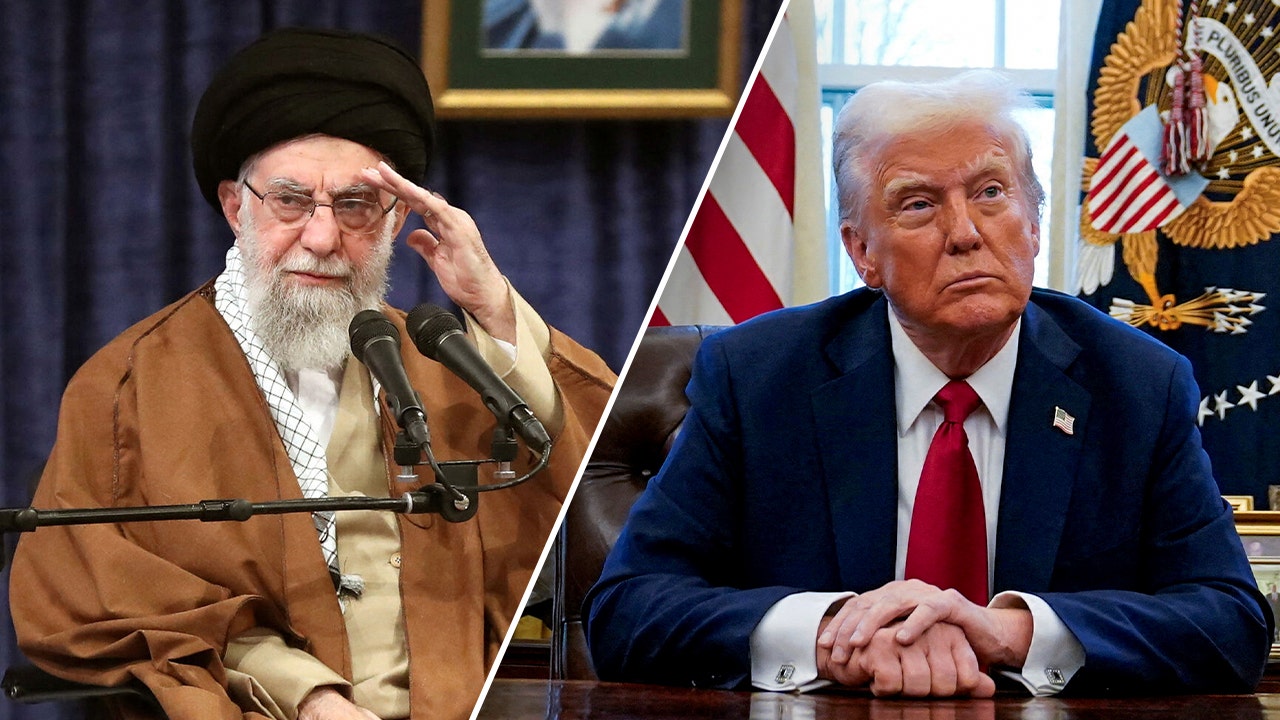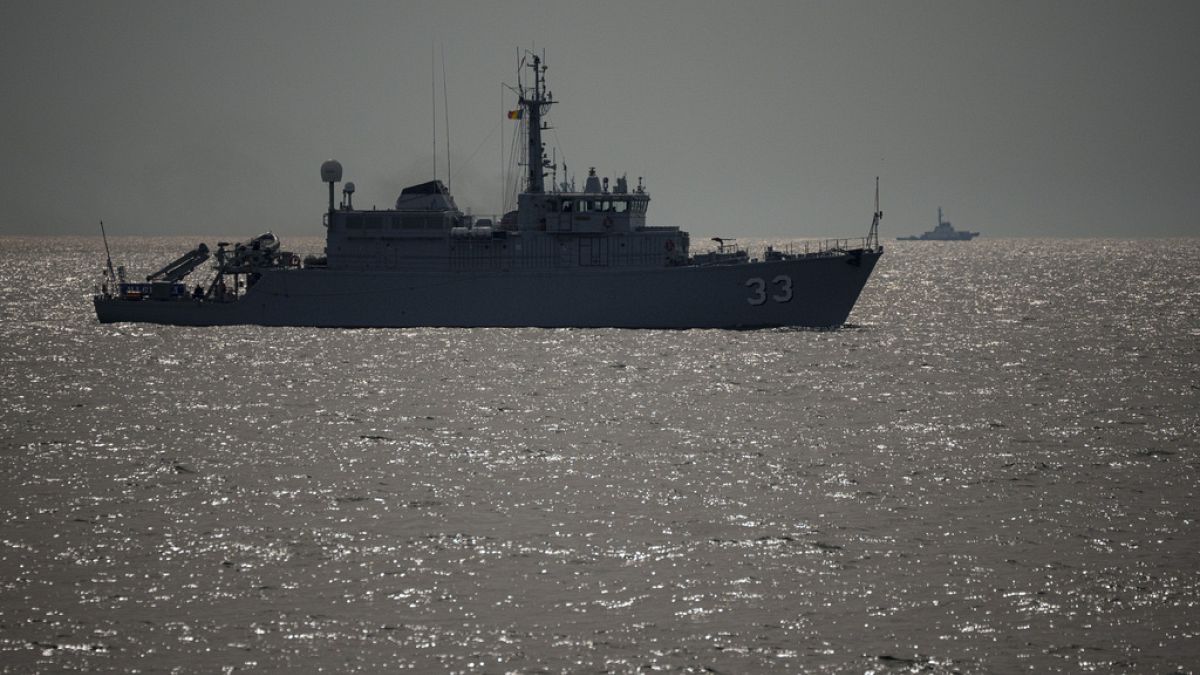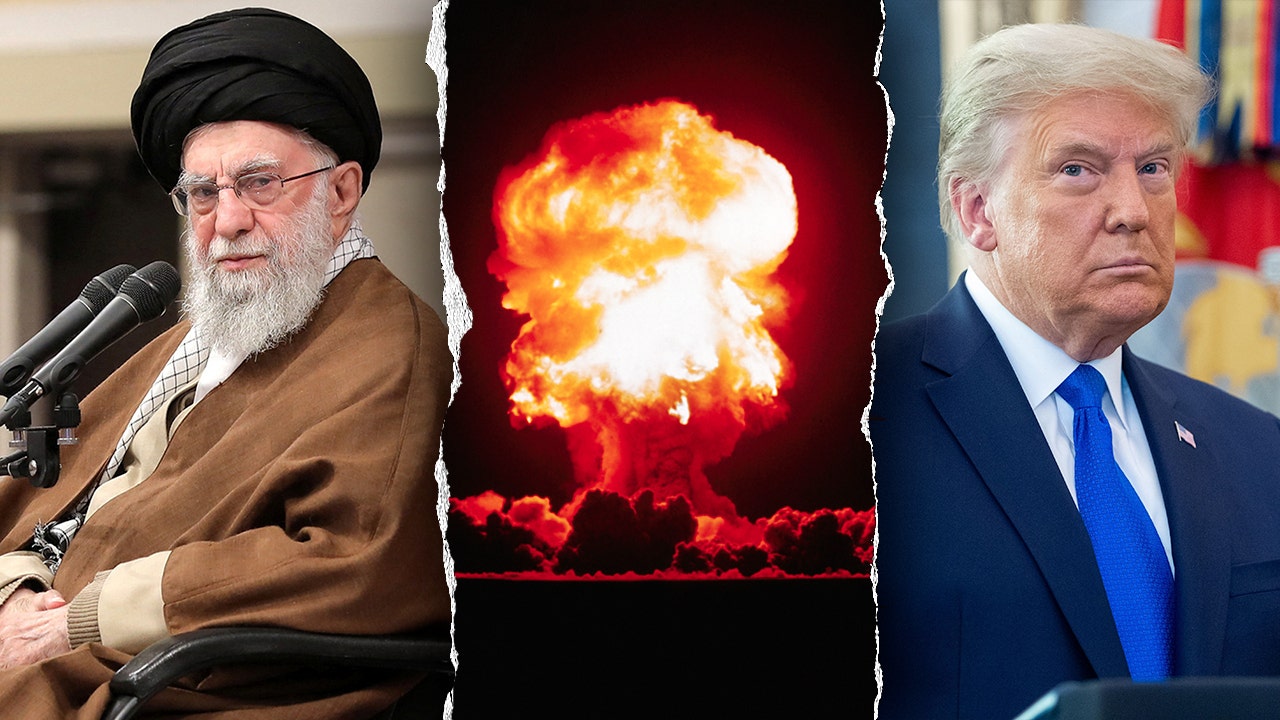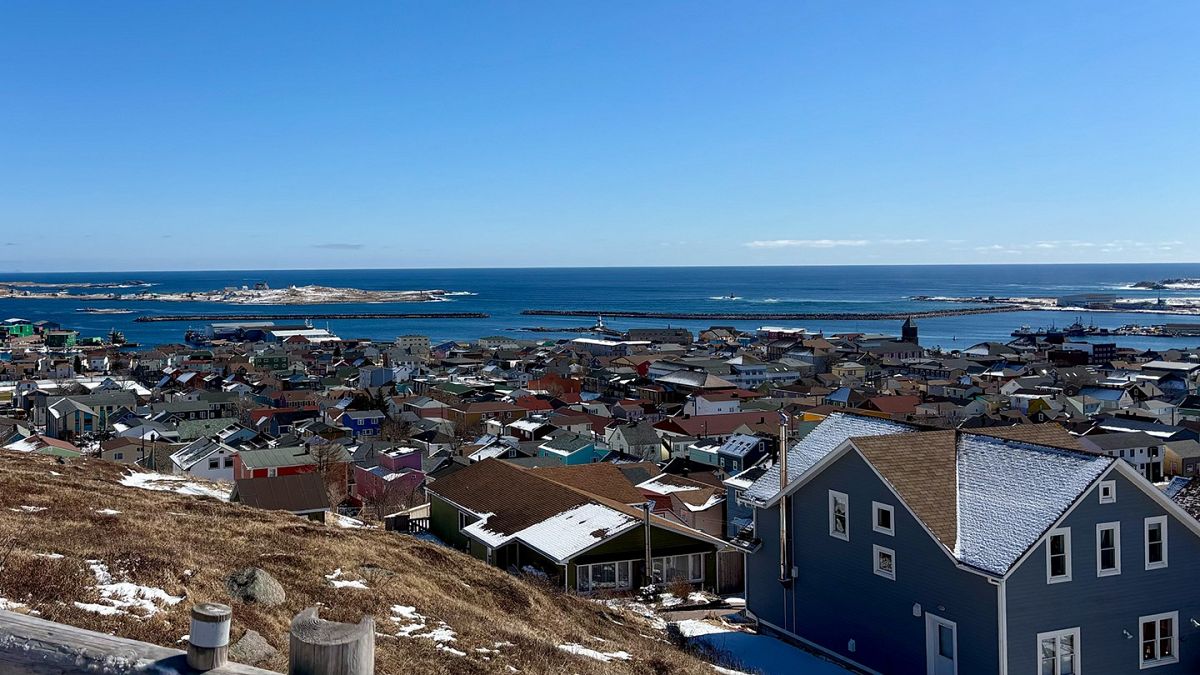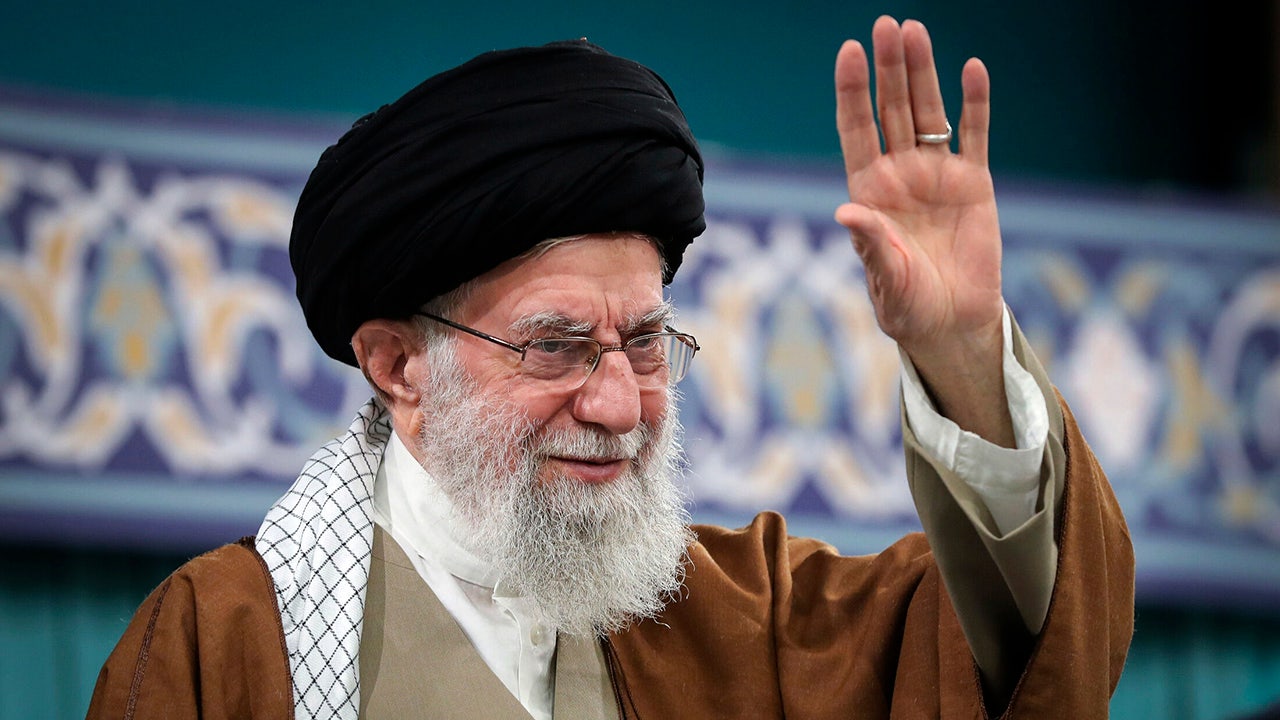The powerful shifts shaking the geopolitical order, from Russia’s invasion of Ukraine to the trade war unleashed by Donald Trump, will influence Iceland’s plan to hold a referendum on EU accession by 2027, Prime Minister Kristrún Frostadóttir has said while stressing the need to have a “balanced” discussion about the crucial decision.
“Before 2027, we want to see if the nation wants to reopen these (accession) negotiations. And I’m sure the current geopolitical situation will affect it,” Frostadóttir told Euronews during an official visit to Brussels on Wednesday.
“My biggest concern is that we (won’t) be able to have a good debate about what it means to open the negotiations, that we will have a polarised debate about this.”
Asked if Iceland would feel safer inside the bloc, the prime minister said the country already felt safe “where we are right now” and suggested deliberations on membership encompass a wider range of topics, such as trade, economy, finance and culture.
“The EU isn’t a defence alliance in and of itself, even though it’s building itself up,” she said, referring to the bloc’s €800-billion rearmament initiative.
“We should join the EU as part of a broader picture. I don’t want to drive our EU accession talks based on fear,” she added.
“But of course, security is going to come up. And, you know, we might see a lot of changes in the coming weeks and months that might affect this.”
Iceland submitted its first application to join the EU in 2009 and opened negotiations with Brussels the following year. However, the bid was withdrawn in 2015. Still, the island remains part of the Schengen Area and the European Economic Area (EEA), and its legislation is closely aligned with the bloc’s rules.
Frostadóttir’s administration, which took office in December last year, aims to put the question of whether to resume accession talks to a referendum no later than 2027. Her government has also said it would set up a panel of independent experts to examine the possible advantages and disadvantages of adopting the euro.
“The last time we went through this process, there wasn’t an initial vote asking the public whether they wanted to start this process,” Frostadóttir said. “I think that was a mistake.”
Support for EU membership among Icelandic citizens has steadily grown.
A poll by the firm Prósent released in January showed 45% of respondents in favour of joining the bloc, with 35% opposed and 20% neither for nor against. Meanwhile, a higher share of 58% backed the celebration of a referendum on the resumption of accession talks and 53% were favourable to adopting a new currency.
Under Trump’s long shadow
Iceland, like other European nations, is currently feeling the squeeze of the fronts opened on the East by Russia’s aggression and on the West by Trump’s disruptive policies.
The White House has slapped the wealthy country of less than 400,000 people with the baseline 10% tariff. This means it has been spared from the so-called “reciprocal tariffs” that Trump has imposed on the “worst offenders”, which vary in intensity. The “reciprocal” rates went into effect on Wednesday morning.
The EU has been hit with a 20% rate, which Brussels considers “neither justified nor credible”. The European Commission wants to find a “negotiated solution” with the Trump administration but has vowed to retaliate hard if the negotiations fail. The first raft of countermeasures is set to be approved on Wednesday afternoon.
For its part, Iceland will refrain from engaging in a tit-for-tat.
“We are not going to respond with our own tariffs. We believe in free trade. We’re a small economy,” Frostadóttir said in the interview. “Hopefully we’ll see these tariffs go down.”
“Our biggest concern now is an escalation of this because, obviously, most of our trade goes to Europe. We are very driven by exports and imports. And so anything that might affect prices and the way we do business is going to affect our economy,” she added.
The Prime Minister said she respected the “fact that the EU needs to put its foot down” and demonstrate “strength” against Washington but insisted that any countermeasure should avoid inflicting pain on the bloc’s neighbours.
“We also need a clear message from the EU that they also respect the relationship with its main trading partners,” she said. “It’s important that the EU shows that we are truly partners in the internal market, that trade won’t be affected.”
Frostadóttir also weighed in on the threats posed by Trump’s expansionist agenda, in particular his stated desire to annex Greenland, the sprawling mineral-rich island that belongs to the Kingdom of Denmark. Trump has not refused to rule out the use of economic coercion or military force to seize the semi-autonomous territory.
“It’s concerning. I will say it’s gravely concerning,” the prime minister said.
“We are a wholly Arctic nation. The Arctic is our home. It’s not just a concept in international relations for us. It’s where we live. And we have very strong ties to the Greenlandic people. So this is of grave concern.”
Tensions around Greenland reached a new height last week when US Vice President JD Vance and his wife Usha Vance visited the territory without being invited by the local government. Vance excoriated Denmark for having “underinvested” in Greenland and said the US had “no other option” than to increase its presence on the island.
“Our message to Denmark is very simple: You have not done a good job by the people of Greenland,” Vance said.
The Icelandic prime minister said this “type of talk” should not be “considered respectable” and expressed support for Greenland’s right to self-determination. She also raised the alarm about Russia’s growing presence in the Arctic region.
“Small countries like Iceland thrive on the fact that we have international law, that borders are respected,” she said.
The Arctic is “supposed to be a peaceful zone. That’s always the way we’ve tried to keep it. However, we can’t be naive about the fact that there are a lot of interests involved.”
In less than three months, Trump’s approach to trade, Greenland and Russia’s war on Ukraine has plunged EU-US relations into an all-time low. The transformation has left countries in the bloc’s periphery, like Iceland, Norway and the UK, caught in the middle.
“Iceland really thrives on that transatlantic unity being in place,” the prime minister said.
“It’s changing. It’s changing for sure,” she admitted. “That uncertainty is uncomfortable. It is uncomfortable for a lot of people.”
Read the full article here
